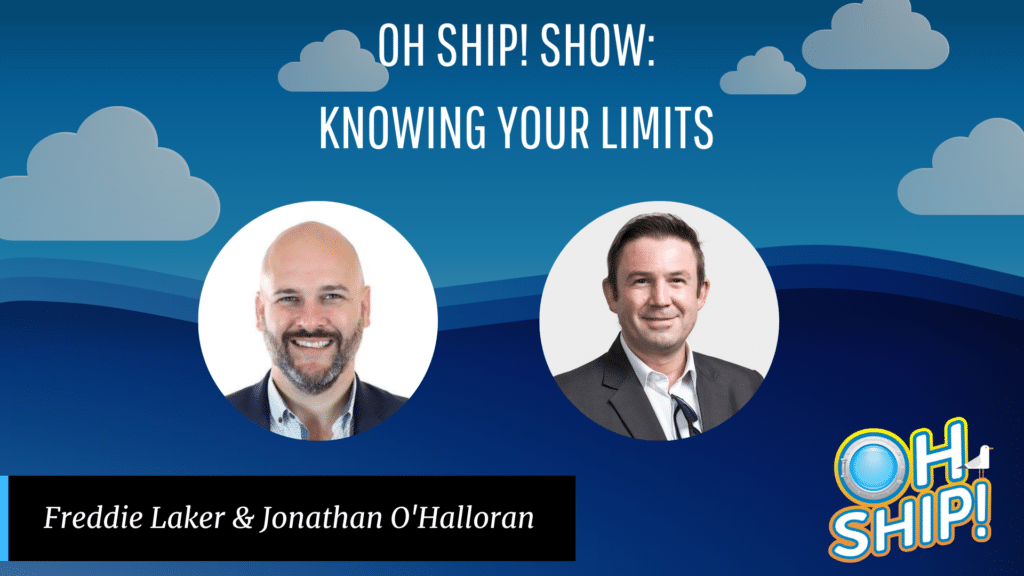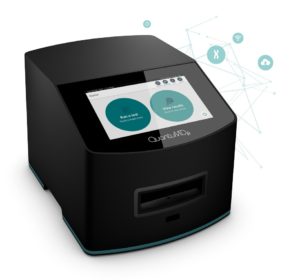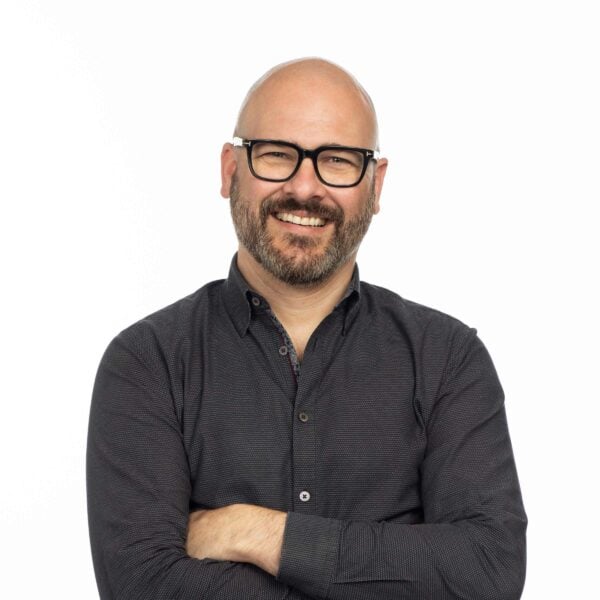Jonathan shares how self-belief led him to persevere despite the advice of others and against all odds.

Image Source- ©Mikhail Mishunin via Canva.com
Jonathan O’Halloran is the co-founder and chief science officer of QuantuMDx, a revolutionary biotech firm. Establishing an organization like this is not for the faint of heart. Along the way, Jonathan faced many tough years and plenty of unsolicited advice from well-meaning friends and family who urged him to call it quits. It’s vital to know when to ignore people telling you about your limits and push through anyway!
What made him believe he was right?
Jonathan studied genomics and pathology, and he has a passion for DNA-based diagnostics. He entered the nascent field about 15 years ago with the desire to invent better ways of doing things, leaving a great job in a hospital to build his lab in his house.
Building a functioning business took roughly seven years, however. Six or seven years in, Freddie and other friends strongly urged him to change course, but he refused.
“Everybody was saying to stop, and then, even the voice in my head started telling me to stop. And I just kept on going,” Jonathan says. “To this day, I don’t know why I did that, but I’m glad I did.” This was around 2011, and soon after, his efforts began coming to fruition. His company has since released the groundbreaking Q-POC device, a portable, user-friendly molecular diagnostic system that delivers results in under 30 minutes.
Jonathan has also seen companies that take self-belief too far and refuse to listen to anyone, no matter how sound the advice. “You need a sense of realism along with your self-belief,” he says. “If you don’t have that, and if you don’t have the domain expertise to make that call, forget about it.”
His present-day Oh Ship! moment
On the day of our interview, Jonathan was navigating the very type of Oh Ship! moment his business is built around mitigating. As the 80 staff who work in QuantuMDx Group’s labs, engineering facilities, and offices come into the building each day, they swab themselves for COVID-19. Today, some results came back positive. Those staffs were isolated, all contacts were re-swabbed, and the entire building was deep-cleaned. This situation happens about every other week. “It’s the only way to maintain business continuity,” he explains. “If we didn’t do this, there’d be absolutely no way that we would’ve been able to deliver the Q-POC device.”
COVID has made Jonathan’s products essential in a way that he had predicted but few others at the time could grasp. Before the pandemic, diagnostics didn’t garner the widespread appreciation it deserved, with few people understanding its nuances. “Then, COVID strikes, and everybody realizes that they should have been investing in diagnostics for years, and there simply wasn’t enough around,” says Jonathan. “It shone a spotlight on our industry in a way that we never had before.” A considerable amount of government funding followed, accelerating the development of novel technologies like the Q-POC, he says.
Now, Jonathan’s perseverance is paying off. “Private companies such as large banks and pharmaceutical companies are looking at this kind of technology for business continuity. You want to be able to test your staff, and if you can do it accurately and quickly, then that’s the best way to keep everyone protected,” he asserts.
How do you know when to call it?
Jonathan experienced several critical moments when he had to decide whether to call it—whatever “it” might be. The first, of course, involved whether to press on in the belief that his young company would ultimately succeed. After enjoying some early success, he had to decide whether to sell. Others, including Freddie, urged him to sell the business, but he ignored them.
“Turning down an offer that could change your life is difficult in the best of times,” Jonathan says. “To this day, I’m not quite sure what drove that decision other than a self-belief that this technology was worth more than they were offering. But still, the temptation is real, and it’s very difficult to make that decision.”
Jonathan doesn’t always listen solely to himself; discussions with advisors and experts helped him make the call. Moreover, he predicted that a pandemic would occur. He knew his technology was markedly different from everything else in the sector and, thus, had more excellent value than what prospective buyers were offering.
He did want to keep developing certain product features further before taking it to market, but board members viewed postponing the release as too risky. So, they decided to deliver the minimum viable product quickly and continue developing it post-release. That proved the wisest decision, he says. “We could’ve been driving this to the point of running out of money and then never getting to market.”
What guidance would he give a mentee today?
Don’t let your ego take over, as that leads to bad decisions, Jonathan advises. Then, make sure you understand your sector. “Know your domain. Know your stuff. If you don’t know it inside and out and have an idea of where it’s going in the future, forget about it,” he says. “Part of making these decisions is having that depth of knowledge within your field to be able to make a smart decision rather than going on gut or ego.”
Then, persevere. Your passion and joy will keep you going even if the odds are stacked against you, as long as you’ve made wise choices grounded in today’s reality and intelligent predictions for the future!





